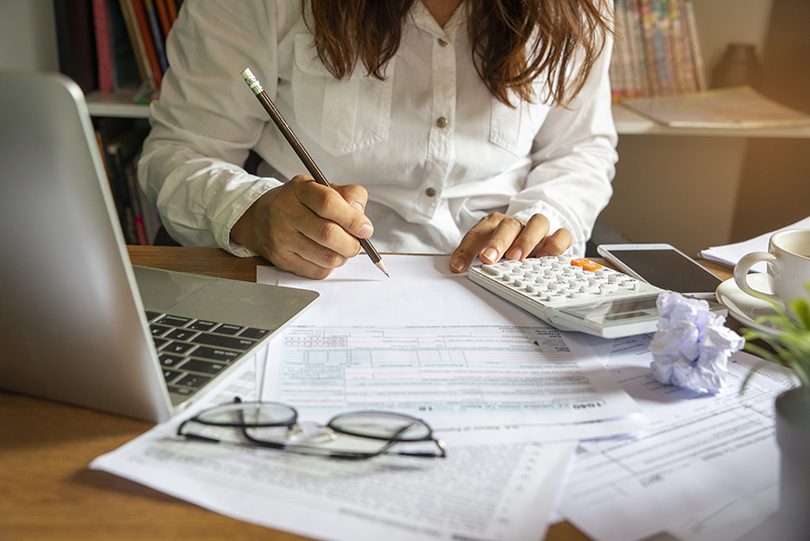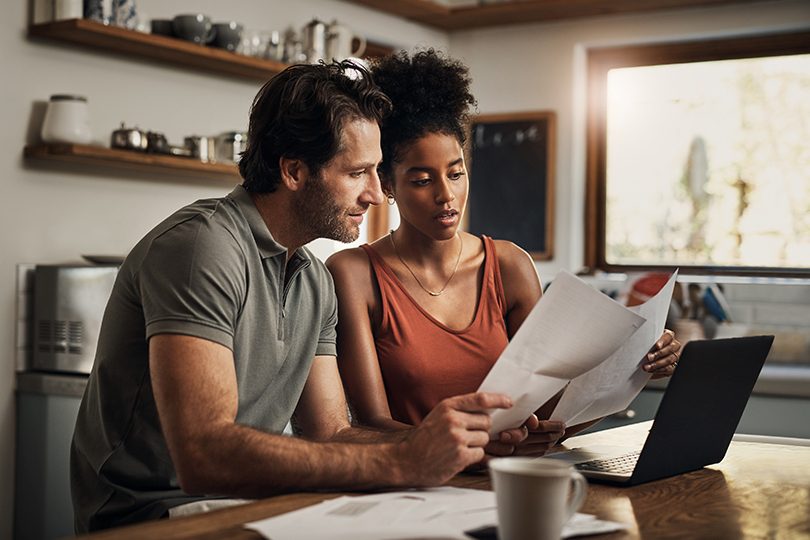
The ATO is providing extra support and guidance to make tax time easier this year. Photo: Supplied.
It’s July, time to drag out those boxes of receipts and prepare to lodge your tax return. Whether you do it yourself or use an agent, there are a few things that will make tax time a little different for many people this year, and some things you may need to be extra careful about claiming.
For a start, employers no longer need to give employees payment summaries. Instead, income statements that show year-to-date salary and wages, PAYG withholding tax and any employer super contributions will be available through myGov.
Employers have until 31 July to finalise income statements, which is why in order to minimise errors, the Australian Taxation Office (ATO) is advising people to wait until the end of July before lodging returns. If you are lodging your own return and you don’t already have a myGov account, you will need to set one up.
Because 2020 has been a year unlike any other, ATO Assistant Commissioner Karen Foat says the ATO is providing extra support and guidance to make tax time easier, particularly for people who are receiving a different type of income or able to claim new deductions. The ATO has published information on its website including a ‘tax time essentials’ page, a one-stop shop for things that are different and how they impact your tax return.
Ms Foat says tax returns are made easier if people follow three golden rules: you must have spent the money and not have been reimbursed; it must relate directly to earning your income; and you must have a record to prove it.
“What you can claim really depends on your circumstances,” she says. “While we are trying to make it easier for people to claim what they are entitled to, we are also asking people to take a bit of extra care if their circumstances have changed this year.”
The ATO says it is expecting a substantial increase in people claiming work related deductions so it has introduced a temporary shortcut method that applies from 1 March, 2020, to 30 September, 2020. The shortcut method will make it easier for people who have incurred some form of expense for working from home as a result of COVID-19. It covers all deductible expenses and can be used by multiple people working from home in the same house.
“If you use the shortcut method, all you need to do is keep a record of the hours you worked from home as evidence of your claim,” says Ms Foat. “But it is all inclusive, meaning you can’t claim for any other working-from-home expenses.”

The new shortcut method to claim deductible expenses can be used by couples working from home in the same house. Photo: Supplied.
RSM Business Advisory principal Thiru Kandiah says taxpayers can still choose to use one of the other existing methods to calculate their expenses for working from home if they prefer.
“If you have incurred expenses such as buying a desk, computer or speakers, for example, you may be better off claiming using the actual expenses method,” says Thiru. “But you must be able to substantiate your claim by having receipts as well as evidence of actual hours worked. You can’t just be checking work emails from home.”
Another deduction to consider is any expenses incurred for protective items required for work.
“People who work in industries such as retail, hospitality or health who have purchased items such as gloves, face masks or sanitiser can claim these expenses if they have paid for the items and not been reimbursed,” says Thiru.
The ATO says it will be watching for higher than expected work related expense tax deductions this year.
“Make sure your deductions match your circumstances,” explains Thiru. “You can’t claim for uniforms or drycleaning if you haven’t been wearing them for part of the year. The same goes for travel expenses; make sure you are claiming for expenses you have actually incurred. The ATO knows most people have been travelling less this year.
“If you are working from home because of COVID-19 but need to go to your regular office on some days, your home-to-work travel is still private travel and cannot be claimed.”
Taxpayers who have received JobKeeper payments from their employer don’t need to do anything different. Payments will be included as salary and wages and/or allowances in their regular income statement, which their employer provides directly to the ATO.
If you have received JobSeeker, the ATO will load this information into your tax return at the ‘government payments and allowances’ question once it’s ready. If you are lodging before this information is included for you, you will need to make sure you include it. Leaving out income can slow down your return or result in a bill later.
If you received early access to your superannuation this year under the special arrangements due to COVID-19, any amounts you’ve withdrawn under this program are tax-free and you do not need to declare them in your tax return.
For more information on lodging your tax return, visit the ATO website.
If you need help with individual or business returns, visit RSM Canberra accountants, auditors and consultants.
Original Article published by Karyn Starmer on The RiotACT.


What's Your Opinion?